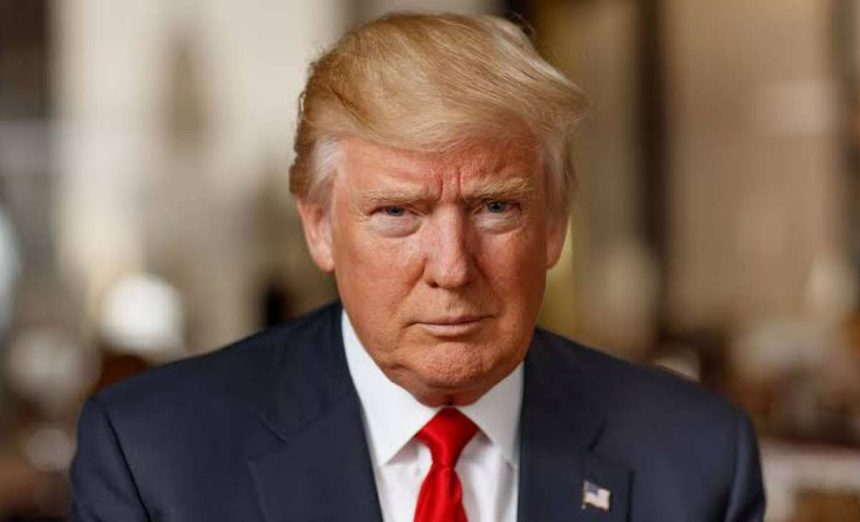Michael Brendan Dougherty, a prominent writer for the right-wing National Review, began his political journey as a staunch critic of Donald Trump.
Like many conservatives, he was repulsed by Trump’s character during the 2016 and 2020 elections... Continue reading here ▶
Yet, in 2024, Dougherty found himself voting for Trump—joining the decisive group that secured a narrow popular vote plurality for the former president.
In an interview with Shadi Hamid for The Washington Post, Dougherty explained how his perspective shifted and why he ultimately cast his vote for Trump.
Initial Doubts Rooted in Character
Dougherty’s early opposition to Trump stemmed largely from concerns about his character and reliability.
“My case against Trump was wholly based on his character,” Dougherty admitted. “I liked some of the policy directions he was pointing in, although sometimes he would make me cringe when he articulated them. But I had traditional conservative concerns about a twice-divorced man who was proudly sybaritic in his character. I worried he wouldn’t be reliable on any of his traditionally conservative policy promises. And I thought he was erratic and impulsive.”
For Dougherty, Trump’s flamboyant personality and perceived lack of discipline made him a risky choice for conservative voters in 2016 and 2020.
What Changed?
By 2024, Dougherty’s perspective on Trump had softened, influenced by what he saw as a lack of catastrophic mistakes during Trump’s first term.
“There was no geostrategic disaster for the United States where he misjudged a foreign affairs issue to such a degree that it humiliated us,” Dougherty explained.
This gave him confidence that Trump, despite his bluster, had not caused irreparable harm on the world stage. Additionally, Dougherty began to see Trump’s often chaotic and provocative rhetoric as more calculated than impulsive, achieving political goals rather than derailing them.
Reevaluating Expectations
Reflecting on his voting history, Dougherty admitted he had held overly high standards for presidential candidates in the past.
“I probably started to realize this the morning after the 2016 election: I tended to be happier when Republicans won,” he said. “Maybe because I was only getting 60 to 70 percent of what I wanted from them, which is more than I would get from the Democrats. I felt in my heart that I was on a team.”
By 2024, Dougherty had reached a turning point. He recognized that, while Trump was far from perfect, he aligned more closely with his conservative values than any Democratic alternative.
“Then I began to think, it’s pretty damn morally vain of me to wish for this result in my heart but then hold myself aloft from making it happen,” Dougherty said.
Addressing Concerns About Democracy
Dougherty also tackled the controversial question of whether Trump poses a threat to democracy. While he acknowledged the importance of Trump’s words and actions, he emphasized judging Trump’s behavior in office rather than his rhetoric.
“It absolutely matters what Trump says, and he’s accountable before God for what he says,” Dougherty stated. “However, we have to judge the plausibility of it based on what he actually does and the pattern of behavior he actually demonstrates in office.”
He also acknowledged that Trump’s use of language, while often misleading, is not unique among political leaders.
“I would not argue for anyone, especially political leaders, to be a liar or hypocrite or to mislead others,” Dougherty said. “I would, however, argue that many political leaders have profited from a kind of Machiavellian use of language that is instrumental rather than truthful. And Donald Trump is a master of that.”

